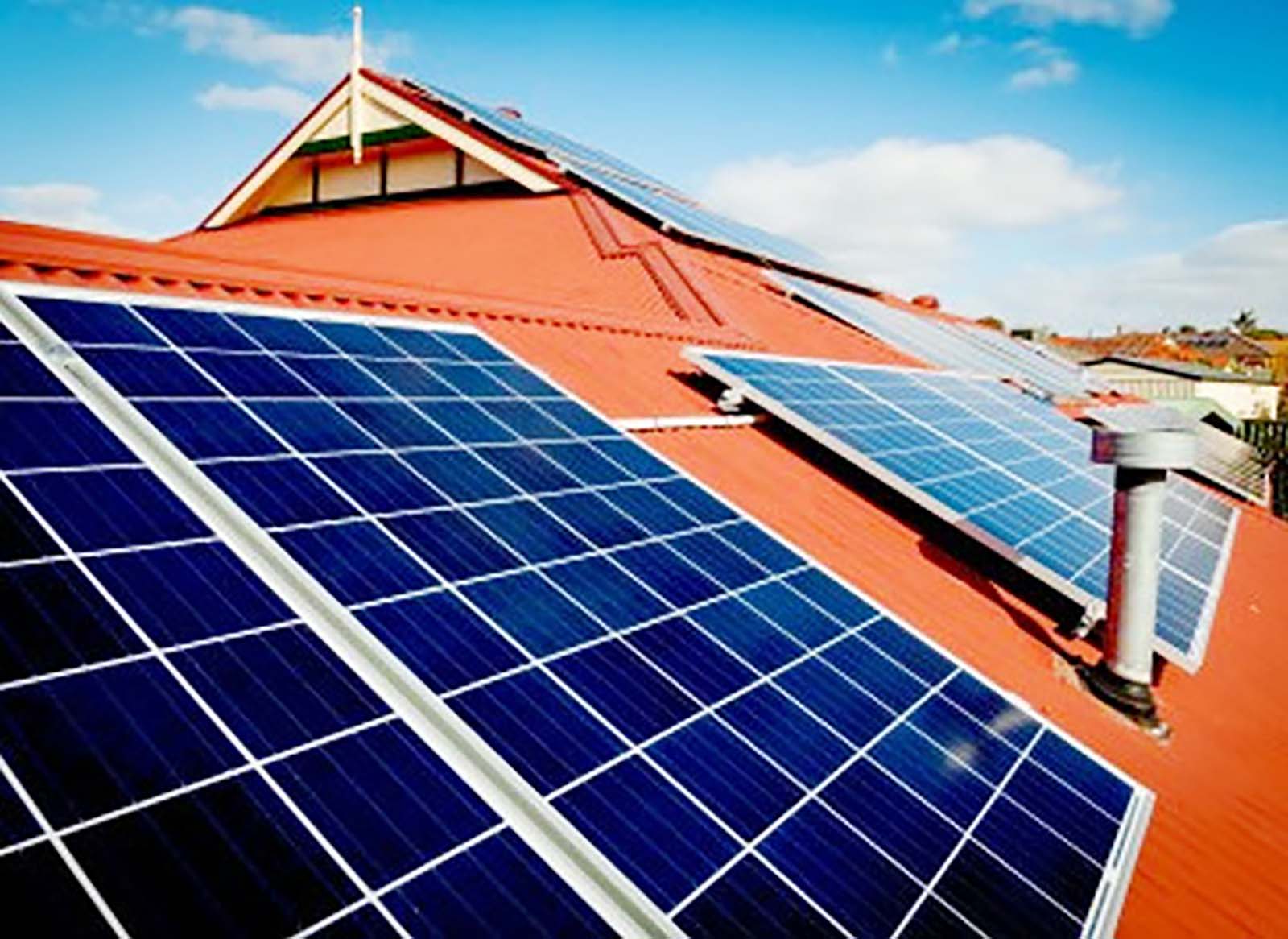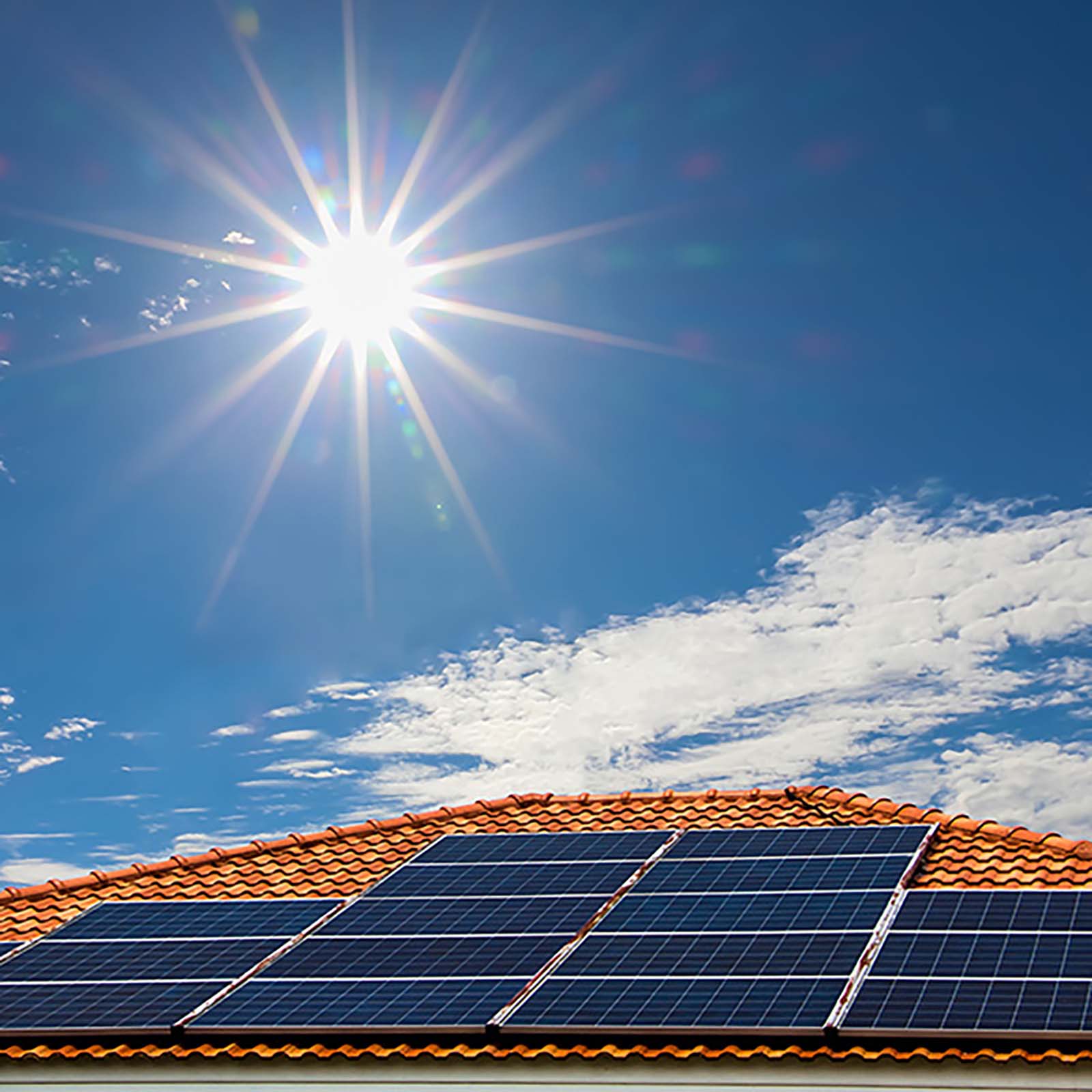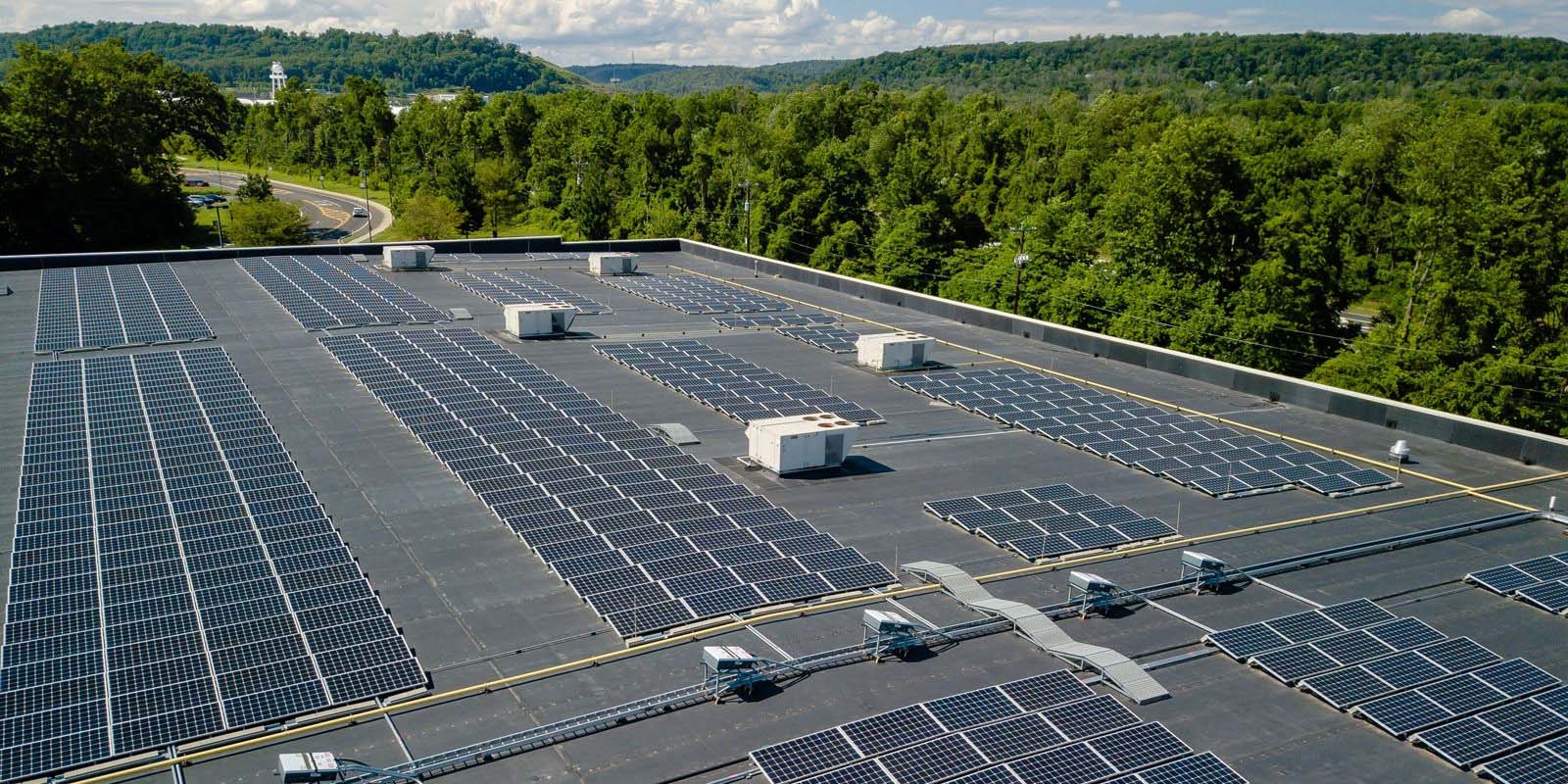How Much Battery Do You Need for a 10kW Solar System?

Introduction
A 10kW solar system can provide significant energy savings and reduce your carbon footprint. However, to maximize its benefits, it’s essential to consider the battery capacity needed to store excess energy for use during non-sunlight hours. In this article, we will explore the factors that determine the battery requirements for a 10kW solar system.Battery Capacity Calculation
When determining the battery capacity needed for a 10kW solar system, several factors come into play. These factors include:1. Daily Energy Consumption: The average household consumes around 30kWh per day. To determine the battery capacity required, multiply the daily consumption by the desired backup hours. For example, if you want 4 hours of backup capacity, you would need a battery capacity of 120kWh (30kWh x 4).

2. Solar Generation: A 10kW solar system can generate approximately 40kWh of electricity daily, depending on geographical location and weather conditions. This surplus energy, not consumed immediately, needs to be stored in batteries for later use.
3. Depth of Battery Discharge: It is crucial to consider the depth of discharge (DoD) for the battery system. DoD refers to how much of the battery’s capacity is utilized before recharging. A typical DoD range for lead-acid batteries is around 50-70 percent, while lithium-ion batteries can reach up to 80-90 percent. Taking this into account will help determine the battery capacity needed to avoid over-discharging or under-utilization.
Battery Types
There are various battery technologies available for solar systems, each with its pros and cons. The two most commonly used battery types are:
1. Lead-Acid Batteries: These batteries have been used for decades and are more affordable initially. However, they have a shorter lifespan and lower DoD compared to other battery types. Lead-acid batteries require regular maintenance, including water top-ups and periodic equalization charges.
2. Lithium-Ion Batteries: Lithium-ion batteries, although more expensive upfront, offer a longer lifespan, higher energy density, and a deeper DoD. They require minimal maintenance and are more efficient overall. With advancements in technology, lithium-ion batteries are becoming increasingly popular for solar systems due to their superior performance and cost savings in the long run.

